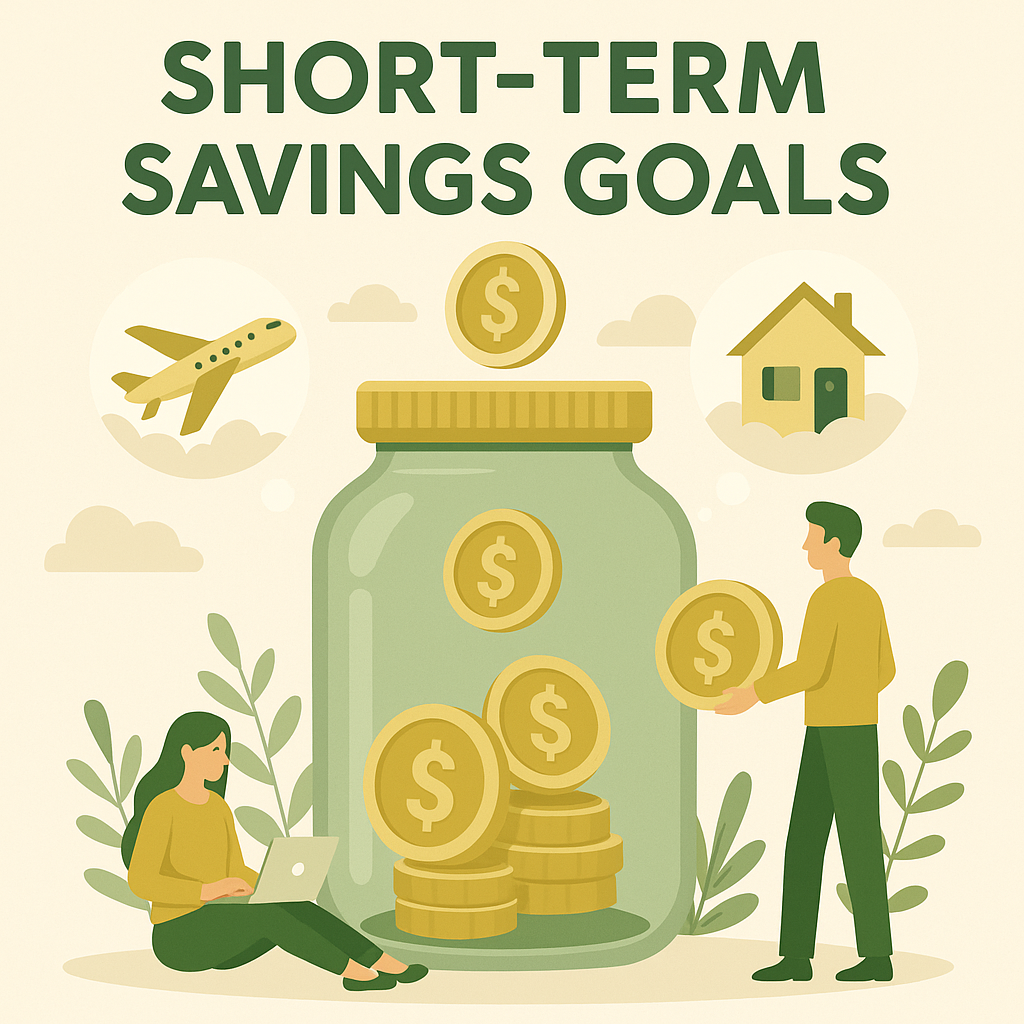Budgeting on Variable Income
Riding the Financial Wave: Mastering Your Budget on a Variable Income
For many, the rhythm of their finances is a steady beat – a predictable paycheck arriving like clockwork. But for a growing number of individuals, the financial landscape is more akin to the ebb and flow of the tide. Freelancers, gig economy workers, small business owners, and those in commission-based roles often experience the exhilarating highs and sometimes challenging lows of a variable income. While this flexibility can offer immense freedom and opportunity, it also presents unique hurdles when it comes to budgeting.
The traditional budgeting advice, often geared towards those with stable paychecks, can feel inadequate or even impossible to implement. How do you create a predictable spending plan when your income fluctuates from month to month? The good news is that budgeting on a variable income isn't just possible – it's essential for navigating the inherent uncertainties and achieving your financial goals. It requires a shift in mindset and the adoption of specific strategies tailored to the dynamic nature of your earnings.
This comprehensive guide will delve into the challenges and, more importantly, the practical solutions for mastering your budget when your income isn't consistent. We'll explore effective techniques to smooth out the financial waves, build security, and ensure you're always in control, no matter how your income fluctuates.
Understanding the Unique Challenges of Variable Income Budgeting:
Before diving into solutions, it's crucial to acknowledge the specific hurdles that come with budgeting on a variable income:
Income Uncertainty: The most obvious challenge is the unpredictability of your earnings. Some months might bring in a substantial amount, while others could be leaner. This makes it difficult to plan for consistent expenses.
Difficulty in Forecasting: Unlike those with fixed salaries, predicting your exact income for future months can be a guessing game. This uncertainty can make it challenging to set realistic savings goals and plan for larger expenses.
Emotional Rollercoaster: The highs of a lucrative month can lead to overspending, while the lows can induce anxiety and stress. Managing these emotional swings is crucial for maintaining financial discipline.
Irregular Expenses: Variable income often coincides with irregular expenses, such as quarterly tax payments or fluctuating project-related costs, which can further complicate budgeting.
Planning for Irregular Savings: Setting consistent savings goals can feel daunting when you're unsure of your monthly income.
Effective Strategies for Budgeting on a Variable Income:
Despite these challenges, there are several effective strategies you can implement to create a stable and manageable budget with a variable income:
1. Track Your Income Diligently (The Foundation):
The first and most crucial step is to meticulously track your income over several months – ideally at least 3 to 6. This historical data will provide valuable insights into your average monthly earnings, your income range (highs and lows), and any seasonal patterns or trends. Use a spreadsheet, a simple notebook, or budgeting app like Consul Wealth to record every income source and the amount received each month.
2. Calculate Your Average Monthly Income (The Anchor):
Once you have a few months of income data, calculate your average monthly income. This will serve as your baseline for budgeting. Sum up your total income over the tracked period and divide it by the number of months. While individual months will deviate from this average, it provides a more stable figure for planning your essential expenses.
3. Identify and Prioritize Essential Expenses (The Non-Negotiables):
Distinguish between your needs (essential expenses like rent/mortgage, utilities, groceries, transportation, minimum debt payments, insurance) and your wants (non-essential spending like entertainment, dining out, hobbies, shopping). Focus on covering your essential expenses first and foremost. Determine the absolute minimum amount required to meet these obligations each month.
4. Establish a Range-Based Budget (The Flexible Framework):
Instead of a fixed monthly budget, create a range-based budget. This involves planning for different income scenarios:
Low-Income Month Budget: This budget outlines how you'll cover your essential needs if you have a lower-than-average income month. Identify areas where you can temporarily cut back on non-essential spending.
Average-Income Month Budget: This is your standard budget based on your average monthly income, allocating funds for both needs and wants, as well as savings and debt repayment.
High-Income Month Budget: This plan outlines how you'll allocate any surplus income from a higher-than-average month. Prioritize building your emergency fund, accelerating debt repayment, or saving for future goals.
5. Build a Robust Emergency Fund (The Safety Net):
An emergency fund is even more critical when you have a variable income. Aim to save at least 3 to 6 months' worth of essential living expenses. During high-income months, make it a priority to contribute significantly to this fund. This financial cushion will provide a buffer during lean months and prevent you from going into debt to cover unexpected costs or income dips.
6. Prioritize Saving and Debt Repayment During High-Income Months (Seize the Opportunity):
When you have a particularly good month, resist the urge to splurge on non-essential items. Instead, seize this opportunity to bolster your savings and accelerate your debt repayment. Treat these surplus funds as a chance to build greater financial security and reduce future financial burdens.
7. Plan for Irregular Expenses (The Foreseeable Unpredictability):
Identify any irregular expenses you know are coming up, such as quarterly taxes, professional development fees, or annual subscriptions. Break down the cost of these expenses and set aside a small amount each month (even during lower-income periods if possible) to ensure you have the funds available when they are due.
8. Separate Business and Personal Finances (The Clarity Creator):
If your variable income is derived from freelancing or self-employment, it's crucial to keep your business and personal finances separate. This will provide a clearer picture of your personal income and expenses, making budgeting more accurate and manageable. Open separate bank accounts and consider using accounting software for your business.
9. Review and Adjust Your Budget Regularly (The Adaptive Approach):
Your income and expenses can change over time, especially with a variable income. Make it a habit to review your budget at least monthly and make adjustments as needed based on your recent income, upcoming expenses, and progress towards your financial goals. Be prepared to adapt your spending plan during leaner months.
10. Practice Financial Flexibility and Patience (The Mindset Shift):
Budgeting with a variable income requires a degree of flexibility and patience. There will be months where things don't go exactly as planned. Be prepared to adjust your spending and savings accordingly without getting discouraged. Focus on the long-term trends and your overall progress.
11. Consider Smoothing Techniques (The Income Leveler):
Explore strategies to smooth out your income flow. This might involve setting aside a portion of high-income months into a separate account and drawing from it during lower-income periods to maintain a more consistent monthly income for budgeting purposes.
Conclusion: Embracing the Flow and Building Financial Security:
Budgeting on a variable income requires a proactive, adaptable, and disciplined approach. While the unpredictability can seem daunting, by implementing these strategies, you can gain control over your finances, build a strong financial foundation, and achieve your goals, regardless of the fluctuations in your earnings. The key is to track diligently, plan for different scenarios, prioritize saving, and remain flexible. Embrace the flow of your income while actively steering your financial ship towards security and prosperity.
Ready to take control of your finances and effectively manage your variable income? Discover how Consul Wealth can provide you with the tools and insights you need to track your diverse income streams, create flexible budgets, and visualize your financial progress, empowering you to make the most of every earning opportunity. Sign up for Consul Wealth today and start your journey towards financial mastery!
 ConsulWealth
ConsulWealth


